
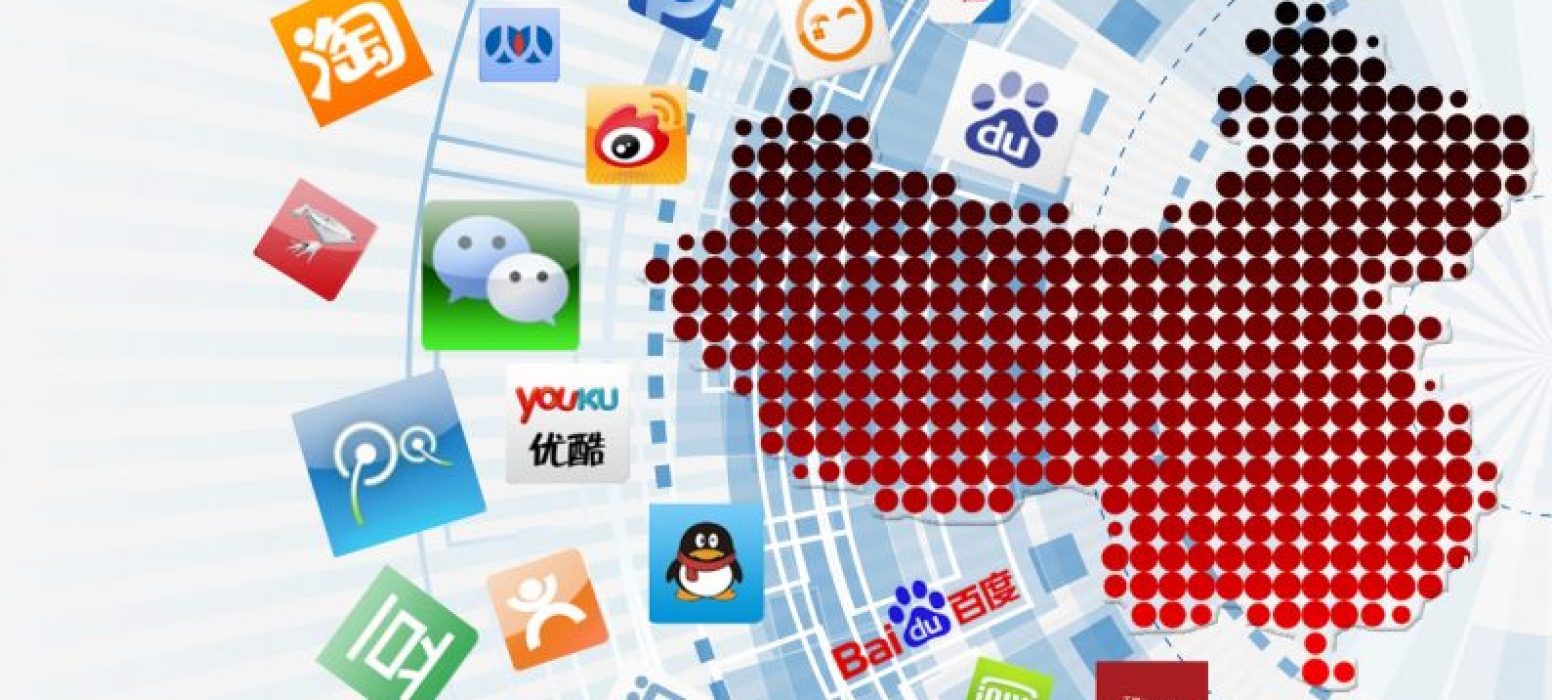
what Western marketers can learn from China.
digital marketing.
source: harvard business review | 1 June 2019
Chinese marketers have developed a unique approach tailored to China’s mobile-first consumer. It relies on the creation of shareable, viral content and it is faster, cheaper, and more effective than the traditional Western marketing paradigm.
new retail: born in China and now going global.
digital transformation.
source: Tompkins inc | 21 May 2019
For years the question was, “who will win, the bricks or the clicks?” The winner is ‘New Retail’. Retail is everywhere and everything. Stop using the words ‘retail’ and ‘stores’ interchangeably and look to China for a view of their present and our future.


TI SENTO – Milano makes its first foray into China.
digital commerce.
source: fashion united | 19 April 2019
TI SENTO – Milano, the European jewellery brand, is making its first foray into China and plans to launch officially in the Chinese market later this year. In Five Degrees we have found a partner to support us end-to-end and to localise and activate our brand in the Chinese market.” says Arjan van Zuylen, CEO of TI SENTO – Milano.
China is fast becoming the world's creative superpower.
digital learning.
source: dezeen | 17 April 2019
And it is doing it on its own terms. No longer an emerging nation that needs to learn from the west or copy its way to commercial success, China is in many ways already ahead of the rest of the world.


Gateway O offers social commerce solution for fashion/ design brands.
digital commerce.
source: Modint Logistics | 28 January 2019
Gateway O offers the first full-service social commerce solution for Western for fashion and design companies that want to promote their brand and sell their products in China.
Chinese mobile users drive global app market.
digital learning.
source: CNBC | 21 January 2019
As one of the world’s largest smartphone markets, China accounts for almost 40 percent of the $101 billion consumers spent on apps worldwide through paid downloads, in-app purchases and in-app subscriptions last year. Most of those purchases were made in mobile gaming.
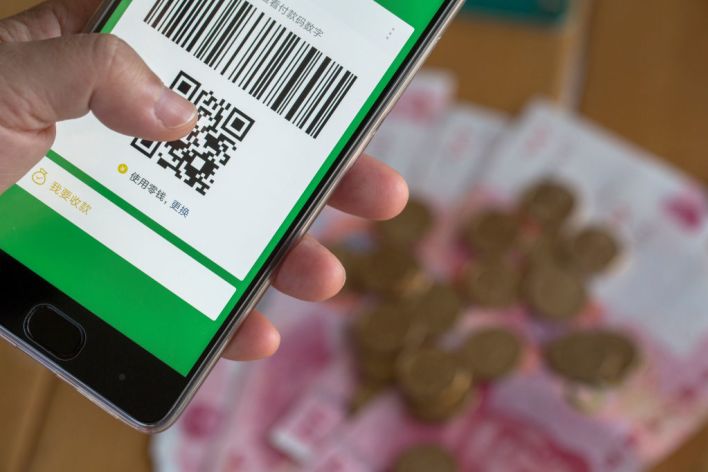
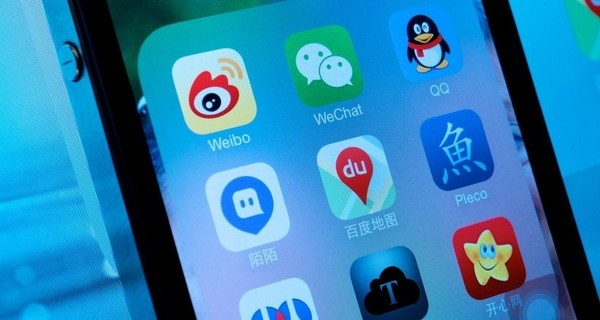
influencer marketing in China: a necessity.
digital marketing.
source: China economic review | 21 December 2018
For marketers operating in China, collaborating with influencers has become one of the key components of their overall marketing strategy. It’s no longer a question of whether or not to collaborate with influencers, but how and when.
how China’s first e-commerce law will shape e-tailers’ future.
digital learning.
source: jing daily | 10 December 2018
A new e-commerce law in China will go into effect on January 1, 2019, further regulating the country’s online luxury sales market. The new rules are generally being interpreted as positive for the sector, but they will certainly change the way brands do business in China. One practice that definitely won’t benefit from the law is daigou buying.

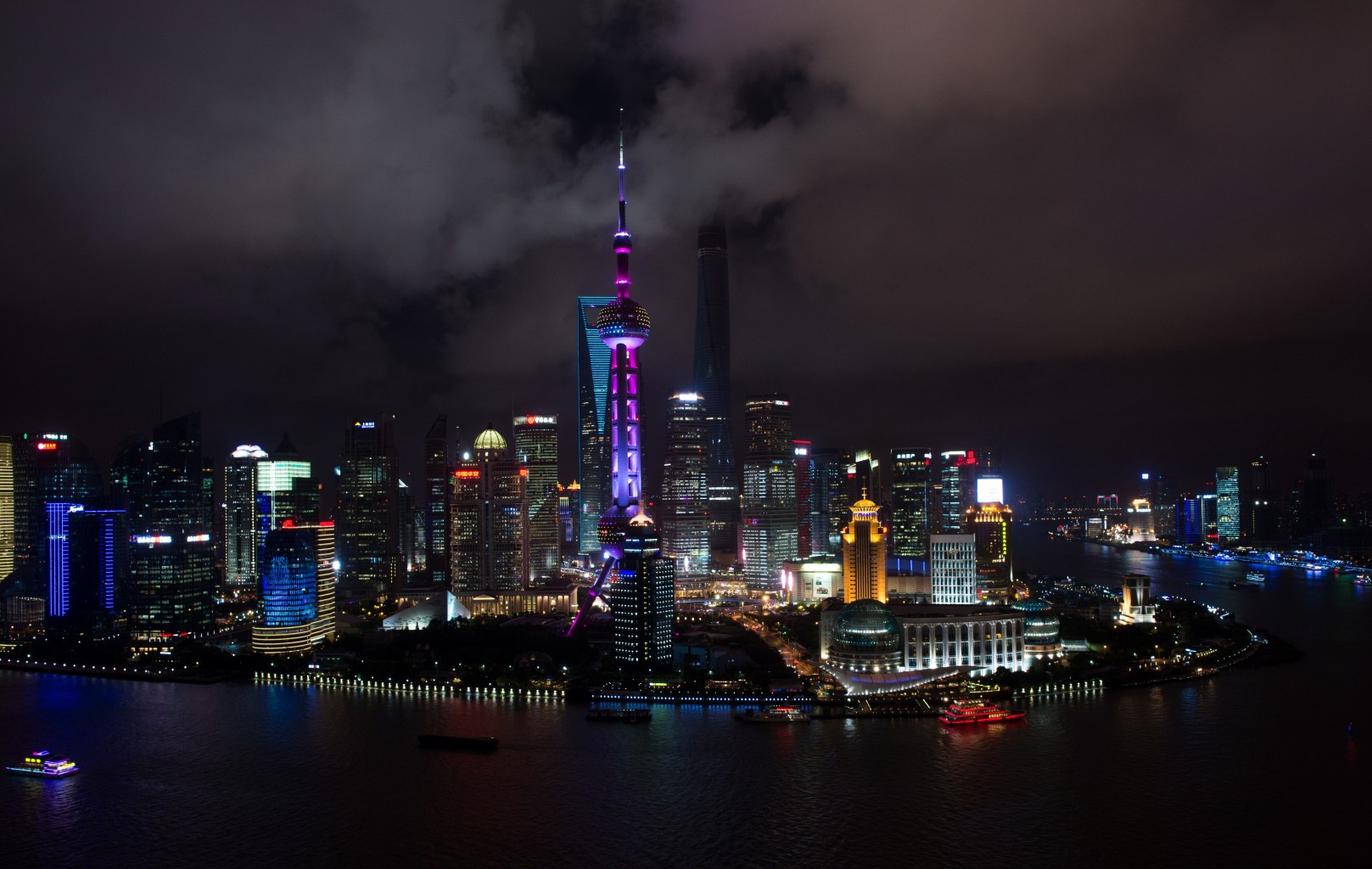
a preview of your Chinese future.
digital learning.
source: foreign policy | 7 December 2018
Chinese expats are the entrepreneurs and investment bankers, the trendsetters and technology prophets. Mandarin has largely replaced English as the international lingua franca. This is how a Chinese world order might appear when looked from a distance, but beyond its technical achievements, does China’s vision for the future still represent a recognisable world?
Mogu takes gamble with IPO.
source: business of fashion | 6 December 2018
Over the past two years, Mogu has incubated a stable of 48,000 fashion influencers who pumped out content to more than 62.6 million active users, mainly from China’s free-spending post-90s generation. Customers can buy fashion featured in the live broadcasts, an increasingly popular purchasing method in China.
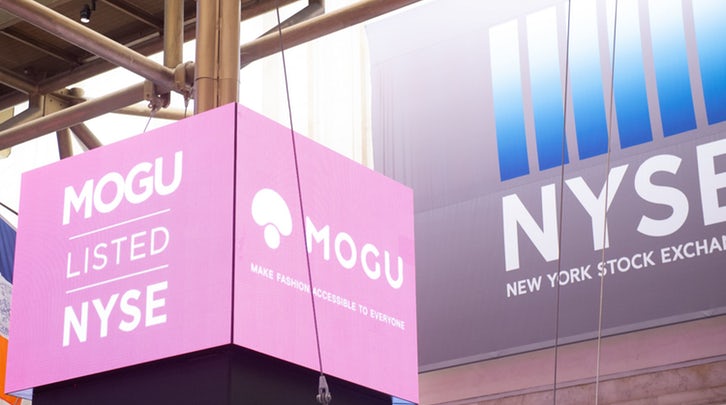

Tencent plays an aggressive new game: luxury.
digital transformation.
Tencent’s reliance on luxury brands to drive growth has reached a new level – as has the stiff competition it will face to dominate that sector. Tencent is not alone betting on the Chinese luxury appetite. Its major rival Alibaba Group has also ramped up its efforts to lure brands to sell on their platform.
how Western brands can avoid cultural insensitivity.
Why are China’s new generations so hard to please? The answer is: they are not, if you do it right. No more red lanterns, dragons, the Oriental riff, or other cliché motifs from the stereotypical Chinese chain restaurants abroad.


new Chinese e-commerce policy to benefit foreign sellers.
The Chinese government last week announced that it will improve its e-commerce retail import policy to boost consumption. The new policy ensures that China’s existing approach to cross-border e-commerce continues.
consumer dichotomy in focus.


a cautionary tale for global brands eyeing China.
digital marketing in China is a balancing act.


highstreet fashion brands rocking it in China.
companies must embrace China-specific strategies.


new China e-commerce law is game changer.
China's e-commerce model may not work elsewhere.
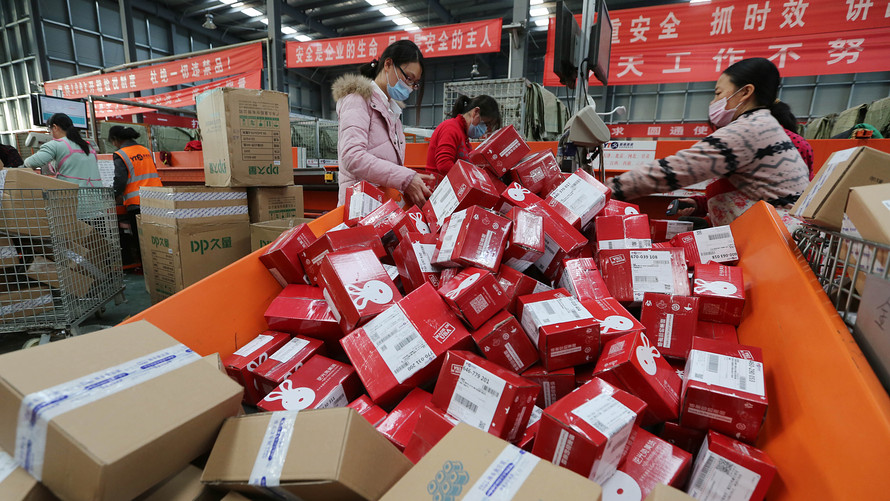
let’s work together
let’s work together
